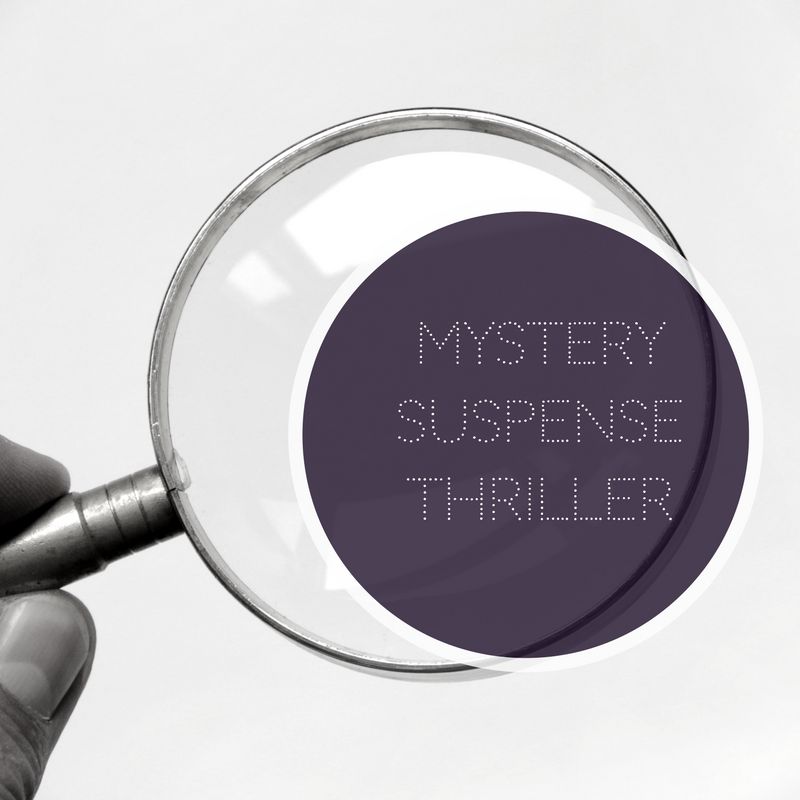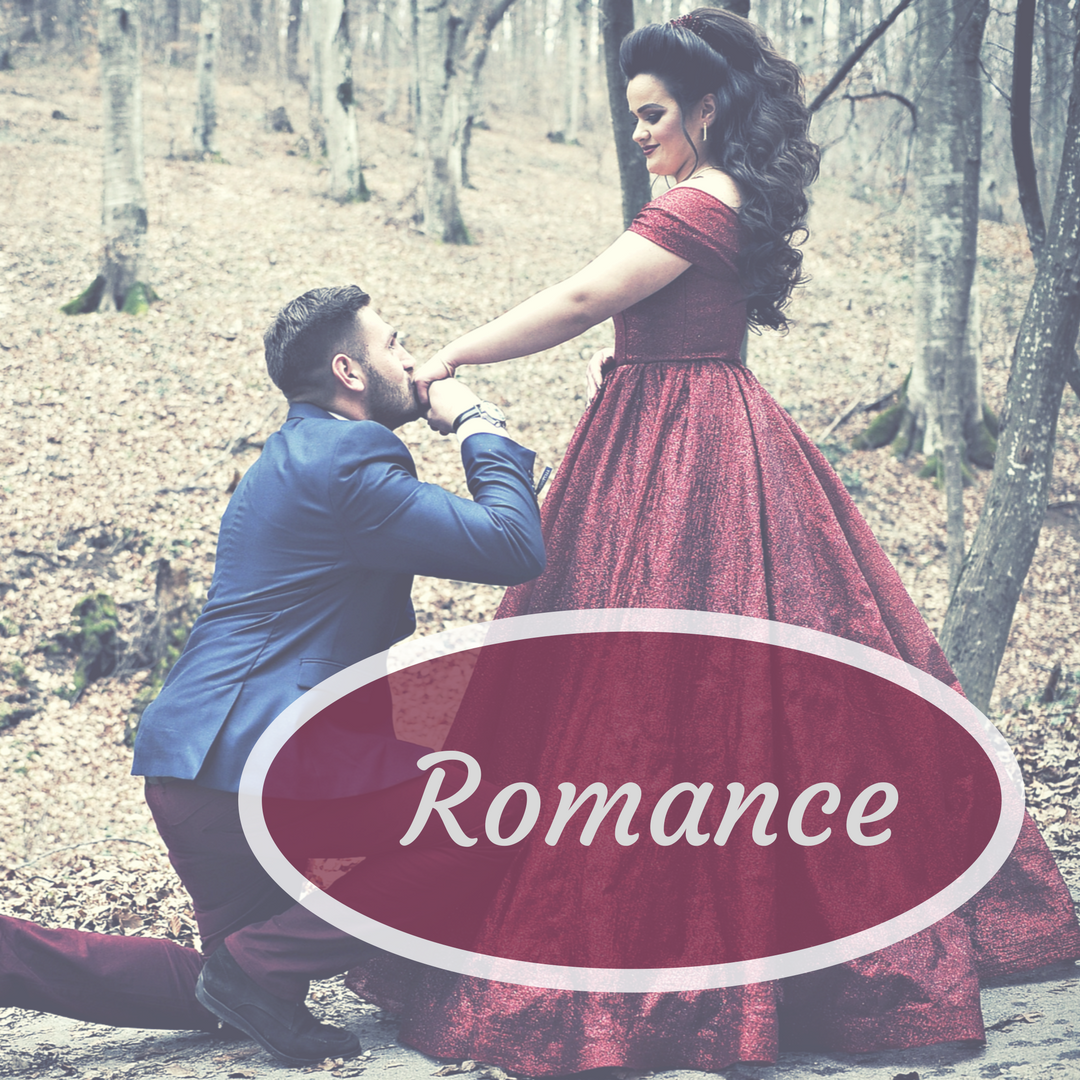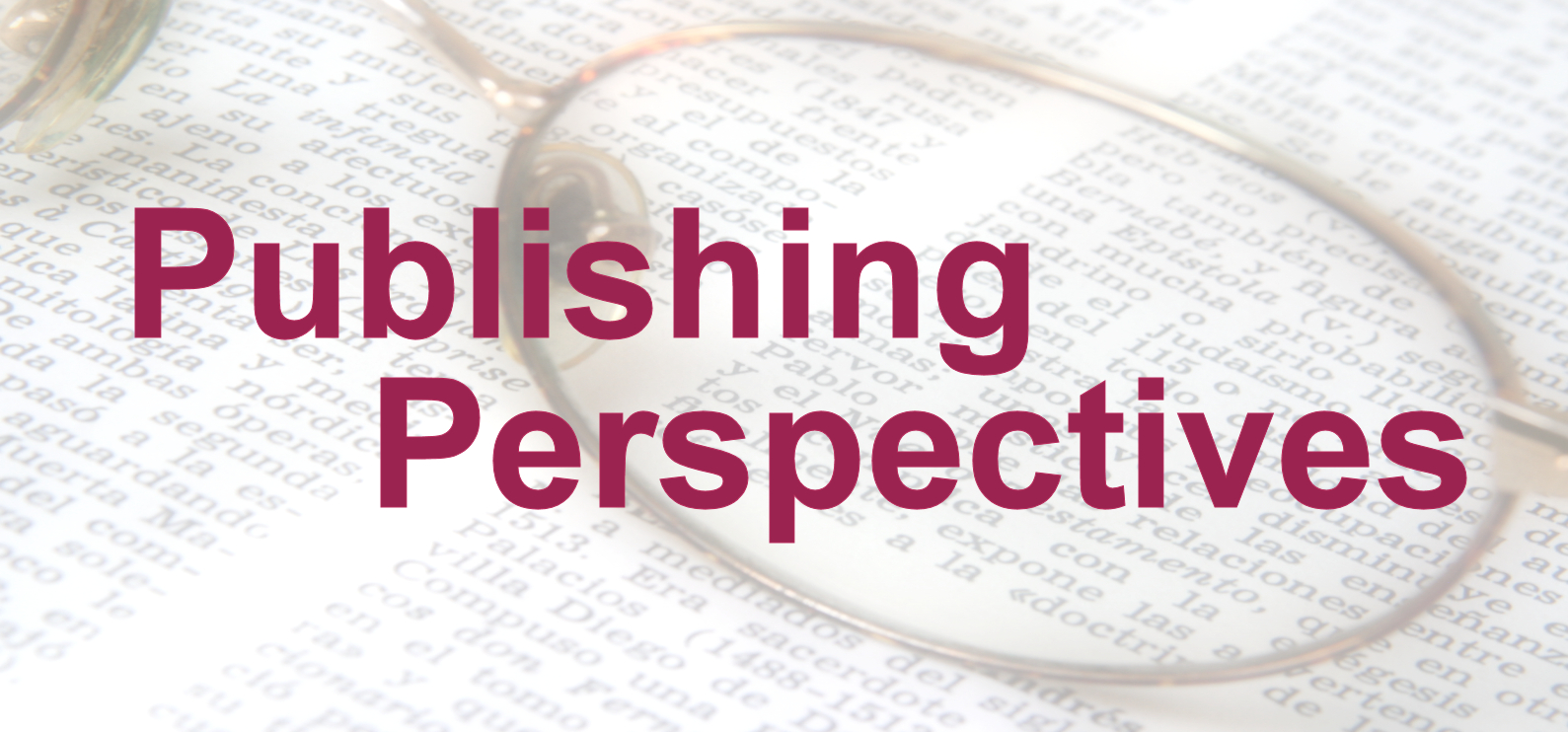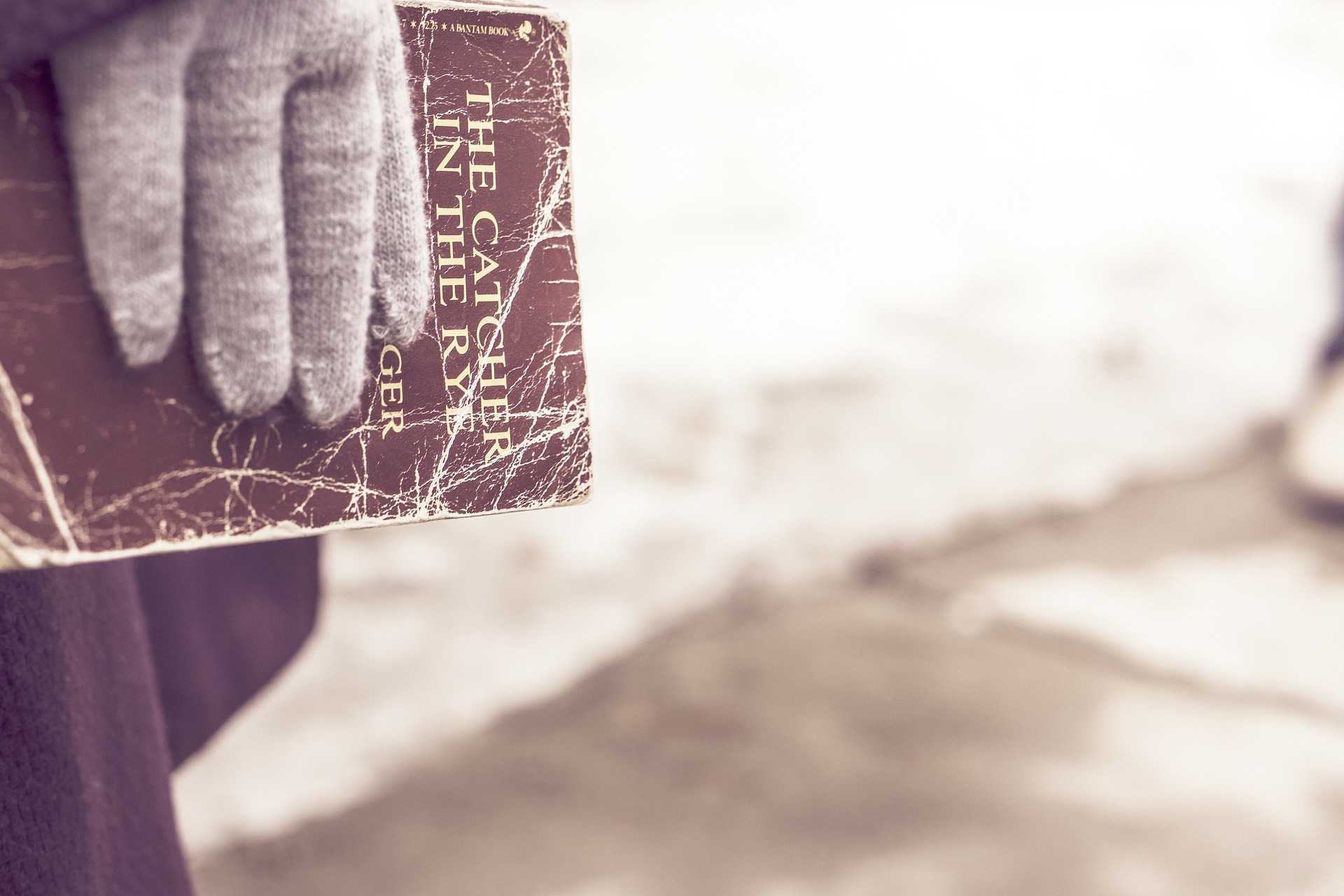
Reading or Reading Aloud?
Libraries buy quality books for all ages in the children’s department and hope to match the book with the…
February 8, 2024
Libraries buy quality books for all ages in the children’s department and hope to match the book with the…
February 8, 2024
Young Adult author Olivia Smit just released her newest contemporary, Hearing Lies. She’s also is in my crit group,…
August 27, 2021
I had a post due today, but I was reading. I mean, for a writer, isn’t that a good…
August 6, 2021
Outside of studying the necessary and ever-increasing number of how-to books on writing, character building, plotting, showing and telling,…
December 17, 2020
In my opinion, anyone who says they don’t have time to read might as well say they don’t have…
February 28, 2020
Dad was the creative genius in our family. His fingers drew cartoons on paper napkins and released lullabies from…
December 25, 2017
Elaine Marie Cooper I don’t think there is a writer among us who does not ask this question at…
September 8, 2016
I hope that you, as a writer, do a LOT of reading! I think there are three types of…
October 29, 2015
by Alycia W. Morales When I started reading the Divergent series by Veronica Roth, friends were conflicted over the…
September 25, 2015
What is it about a story that makes it compelling? Is it the characters? Is it the plot? Is…
August 17, 2015
One of the key ingredients you should look for when hiring an editor is a love of reading. I…
June 25, 2015